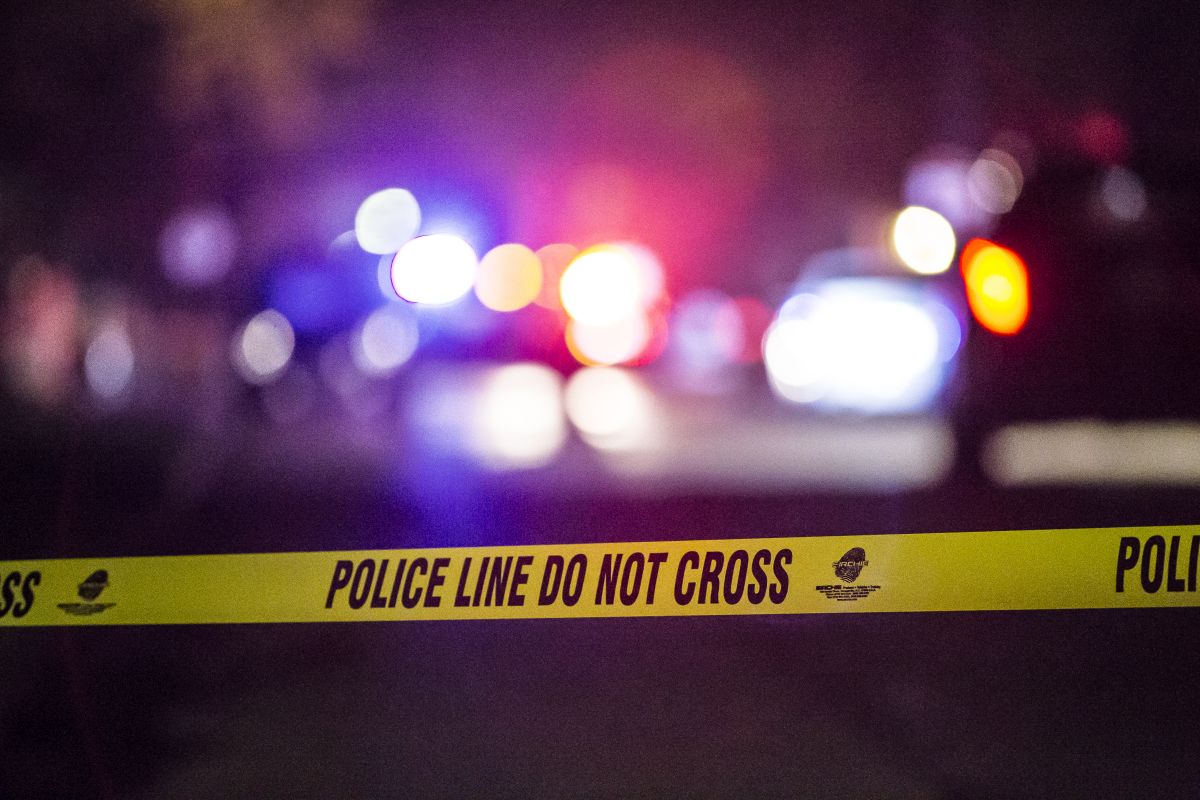31 killed in road accident in Mali
Thirty-one people were killed and 10 others injured when a bus fell off a bridge in Mali.
Central Mali became gripped by ethnic violence after a jihadist revolt broke out in the north of the country in 2012.

Representational image (Photo: IStock)
At least forty people, including nine soldiers, were killed in a spate of attacks in central Mali, according to the authorities on Friday,
Most of the deaths caused by inter-ethnic violence in the deeply troubled region, the authorities added.
Advertisement
Thirty-one people were killed in an attack overnight in Ogossagou, a village mainly inhabited by Fulani people where 160 died last March in a massacre blamed on Dogon militiamen, the government said while raising the death toll.
Advertisement
About 30 gunmen carried out the new attack, village chief Aly Ousmane Barry told AFP.
“Huts and crops were set alight, livestock was burned or taken away,” he added, vowing that the government would find the perpetrators.
Mali’s government condemned the attack, saying it will investigate and bring the perpetrators to justice.
The UN Mission in Mali said that it sent a quick reaction force to the village, where several were also wounded.
It also provided air support to prevent further attacks and evacuate the wounded, it further added.
Later on Friday, eight Mali soldiers were killed and four others injured in an ambush in the central Gao region, according to the army.
The Malian force also suffered “material damage,” the military said on social media sites, without indicating who had carried out the attack in the village of Bentia.
The camp had already been hit before — as part of a joint raid by militants that also targeted the military camp of Boulkessy near the border with Burkina Faso, killing at least 25 soldiers.
Central Mali became gripped by ethnic violence after a jihadist revolt broke out in the north of the country in 2012.
The insurgency has claimed thousands of lives and spread to neighbouring Niger and Burkina Faso.
More than 450 civilians were killed in central Mali last year by armed groups, making it the deadliest year in the region since the country’s crisis began in 2012, according to Human Rights Watch.
Ethnic clashes have been ongoing and exploited by Islamic extremists who have been recruiting men from the Peuhl ethnic group to their cause. Dogon militias have also arisen and are accused of supporting Mali’s military crackdown on jihadis.
(With inputs from agency)
Advertisement